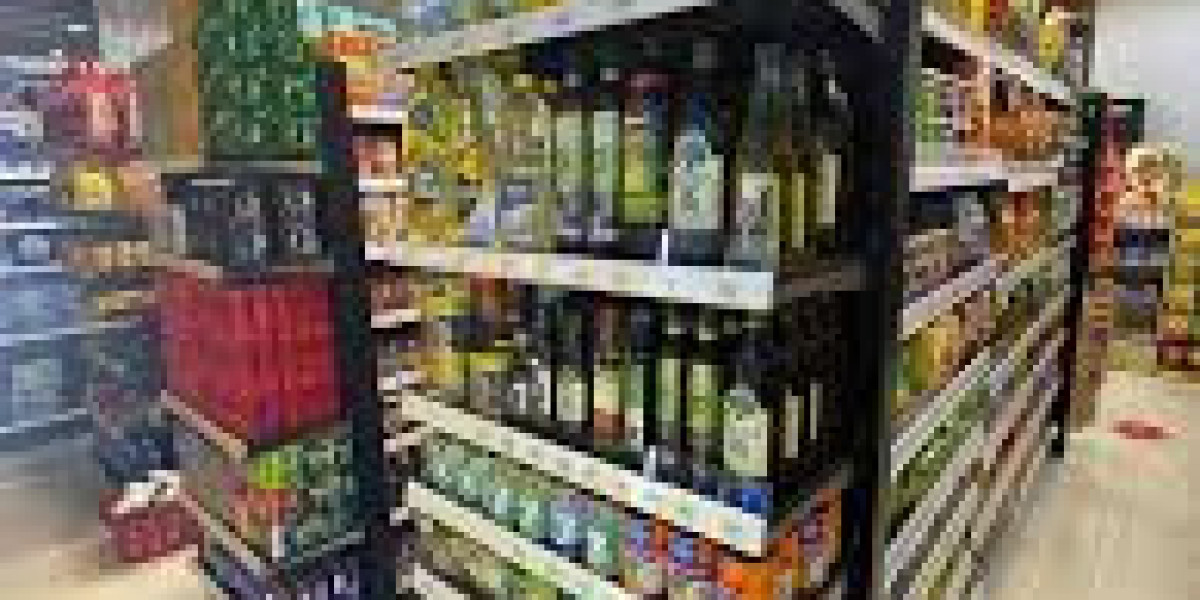The Marketplace of UAE is a dynamic and rapidly evolving sector that reflects the country’s strategic role as a global business hub. Positioned at the crossroads of Europe, Asia, and Africa, the United Arab Emirates has transformed itself into a center for trade, digital commerce, and traditional markets. From the bustling souks of Dubai and Abu Dhabi to sophisticated online platforms, the marketplace of UAE offers unparalleled diversity, innovation, and opportunity.
Traditional Markets: The Cultural Heart of UAE Commerce
Before the rise of digital commerce, the UAE was renowned for its traditional marketplaces, known as souks. These markets still thrive today and are popular among locals and tourists alike. Gold Souk in Dubai, the Spice Souk, Textile Souk, and Al Ain’s Camel Market are just a few examples of traditional marketplaces that highlight the UAE’s rich cultural and commercial heritage.
These traditional markets are more than just shopping venues; they serve as cultural landmarks and offer a glimpse into the UAE’s trading past. Bargaining, personal interactions, and the variety of goods—from precious metals to aromatic spices—make them an essential part of the country’s marketplace identity.
Modern Retail and Malls
The UAE is home to some of the world’s most luxurious and expansive shopping malls, including The Dubai Mall and Mall of the Emirates. These retail giants are marketplaces in their own right, hosting hundreds of international brands, entertainment facilities, and fine dining. For many, these malls are not just shopping destinations but lifestyle experiences.
The integration of luxury retail, technology, and leisure has elevated the marketplace experience in the UAE. The country’s favorable business climate, tax incentives, and high consumer spending power attract retailers from all over the world.
The Rise of E-Commerce
In recent years, the online marketplace of UAE has seen exponential growth. Platforms like Amazon.ae (formerly Souq.com), Noon.com, Namshi, and local startups have transformed the way people shop. With fast delivery, secure payment systems, and mobile accessibility, online marketplaces offer convenience and variety that traditional markets cannot match.
Government initiatives like the UAE Digital Economy Strategy and improved logistics infrastructure have further supported the e-commerce boom. The pandemic also accelerated the shift to online shopping, making digital marketplaces an essential part of daily life for consumers.
Business-to-Business (B2B) Marketplaces
Beyond consumer goods, the B2B marketplace in UAE is gaining momentum. Platforms like Tradeling and Etihad Credit Insurance support trade between companies, enabling import-export businesses, manufacturers, and suppliers to connect across the region and globally. This adds a crucial layer to the marketplace ecosystem, positioning the UAE as a strategic trade hub.
Conclusion
The marketplace of UAE is a fusion of tradition and innovation. Whether it’s haggling in a spice souk, shopping in a luxury mall, or ordering online with a click, the UAE offers a versatile and evolving commercial landscape. With its pro-business policies, tech-forward infrastructure, and multicultural population, the UAE continues to set benchmarks for marketplaces in the region and beyond.







